Kawhi Leonard is suspected of having a shadow contract, and Ballmer has a history with this issue.
Leonard is currently facing allegations from an investigative reporter who claims he and the Clippers engaged in salary cap avoidance, meaning he signed a shadow contract with the team and got extra money outside the NBA’s salary cap limits.
To summarize the lengthy report, Ballmer invested $50 million in a company by buying shares at an $11 premium per share. This company also signed a secret endorsement deal with Leonard worth $28 million, which did not require him to appear publicly.
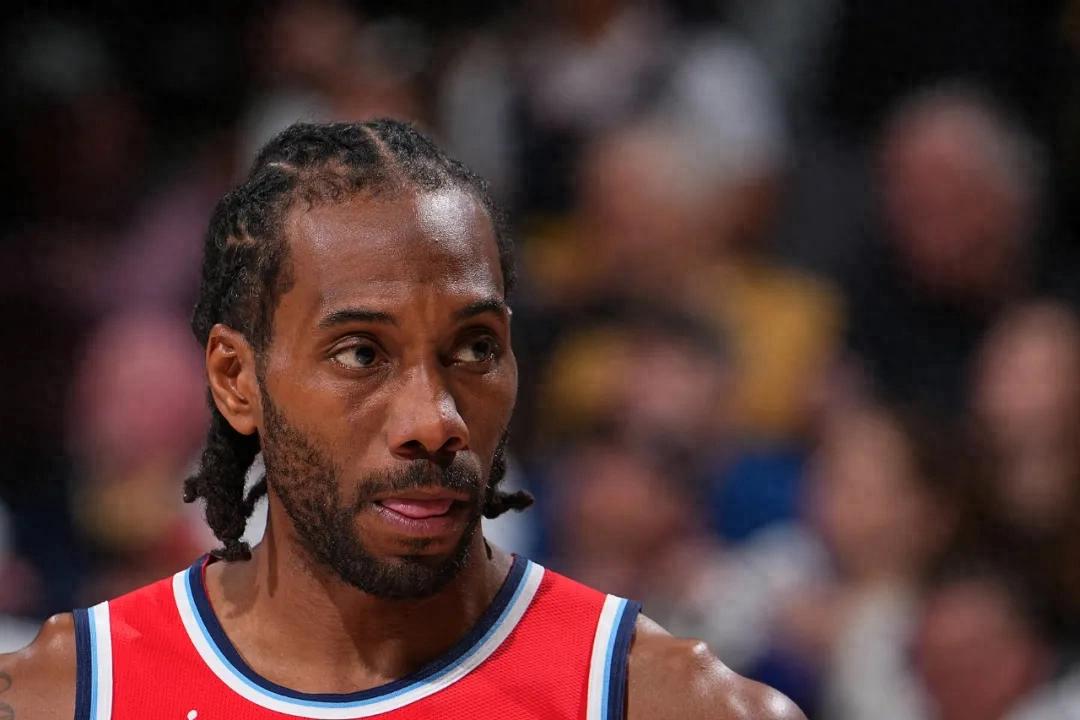
Additionally, the company gave Leonard a secret supplementary agreement worth $20 million, totaling $48 million. The company has since gone bankrupt and still owes Leonard $7 million. The whistleblower disclosed a document showing that Leonard would receive $28 million over four years from 2022 to 2025 as long as he played for the Clippers.
Ballmer invested $50 million in this company, which in turn paid Leonard $48 million, and Leonard didn’t even have to do anything except play for the Clippers. If this is confirmed, it would be a textbook example of a shadow contract.
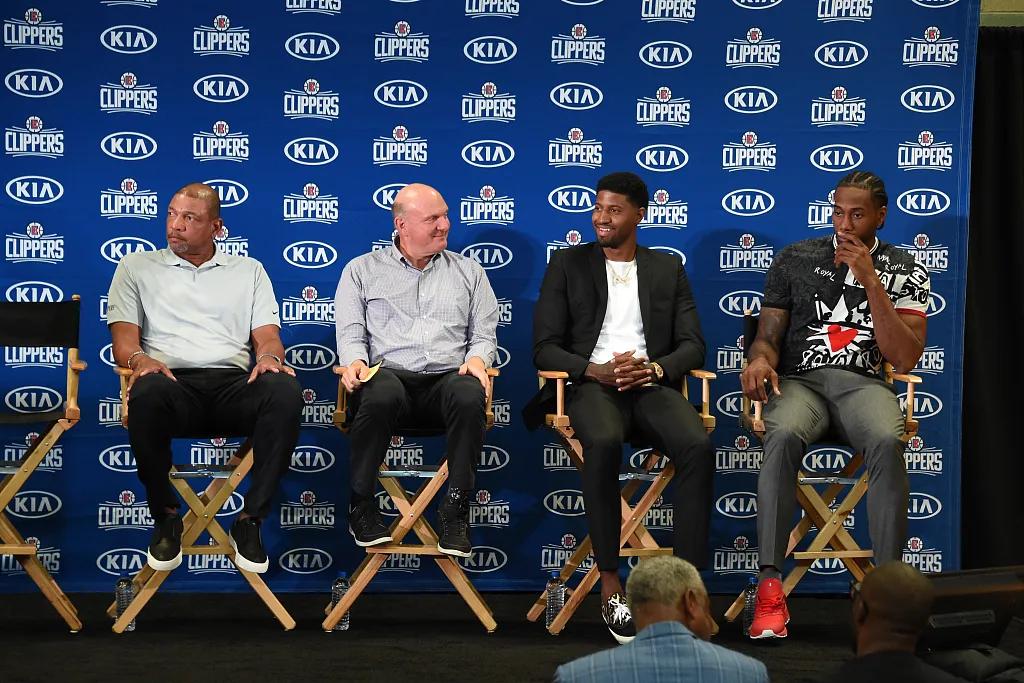
Initially, the Clippers officially denied all allegations, but later Ballmer softened his stance during an interview. He said, “Honestly, any speculation is crazy. This company committed fraud... they deceived me. I invested in them thinking they were legitimate, but they tricked me.”
At the very least, Ballmer now admits to investing in the company. The next step is to verify whether the company indeed gave Leonard that “no work required” endorsement contract, which would nearly confirm the salary cap circumvention by Leonard and the Clippers.
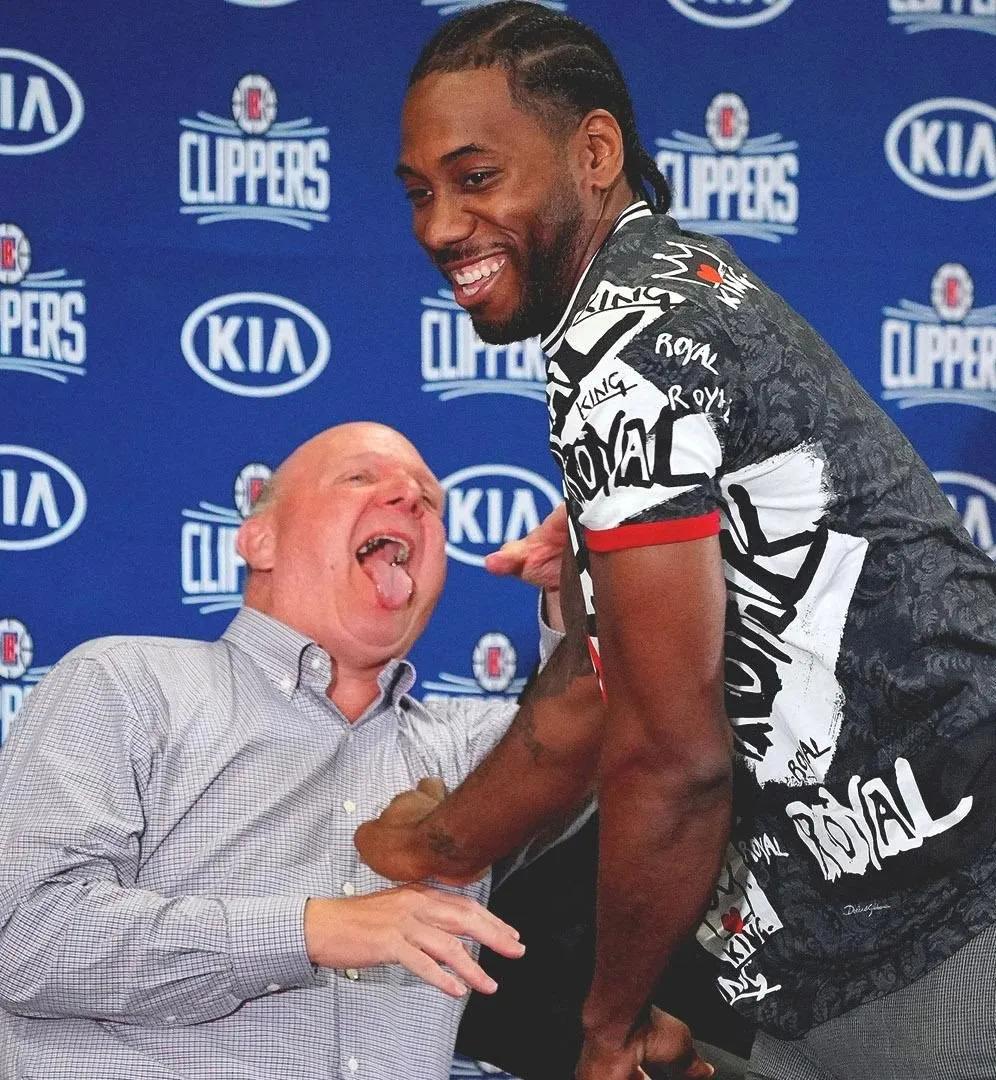
This revelation sheds light on Leonard’s early extension contract signed last January. At that time, Leonard agreed to a three-year, $149.51 million deal with the Clippers, $8.6 million less than the maximum three-year contract he could have gotten. He could have extended for up to four years and signed a max contract worth over $220 million, but he ultimately chose a three-year non-max deal.
Back then, the public thought Leonard was securing his future early, given his health concerns. But now it appears there were many undisclosed arrangements. This is just what’s been exposed; surely many more remain hidden. As the saying goes, spotting one cockroach often means there are many more in the house.
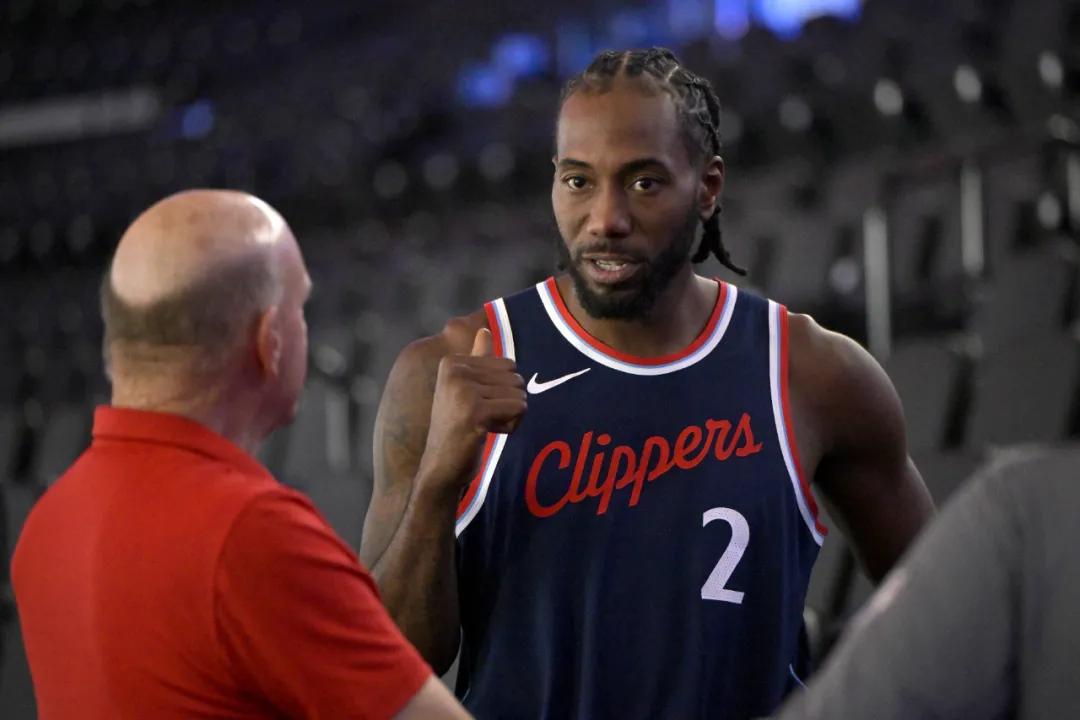
It’s worth noting that when Ballmer first became the Clippers’ owner, he was involved in similar salary cap circumvention. In 2015, he arranged a third-party endorsement deal from Lexus for Lou Williams, allowing him to earn an extra $200,000 annually.
Perhaps due to the smaller amount, after the NBA’s investigation, Ballmer was only fined $250,000. This incident happened around the time of the famous “door-blocking” event.
At that time, Lou Williams had verbally agreed to a four-year, $80 million deal with the Mavericks but then reneged. The Clippers sent a high-profile delegation including Ballmer, Rivers, Paul, Griffin, and Pierce to block Lou Williams’ door until he signed a renewal contract with the Clippers.
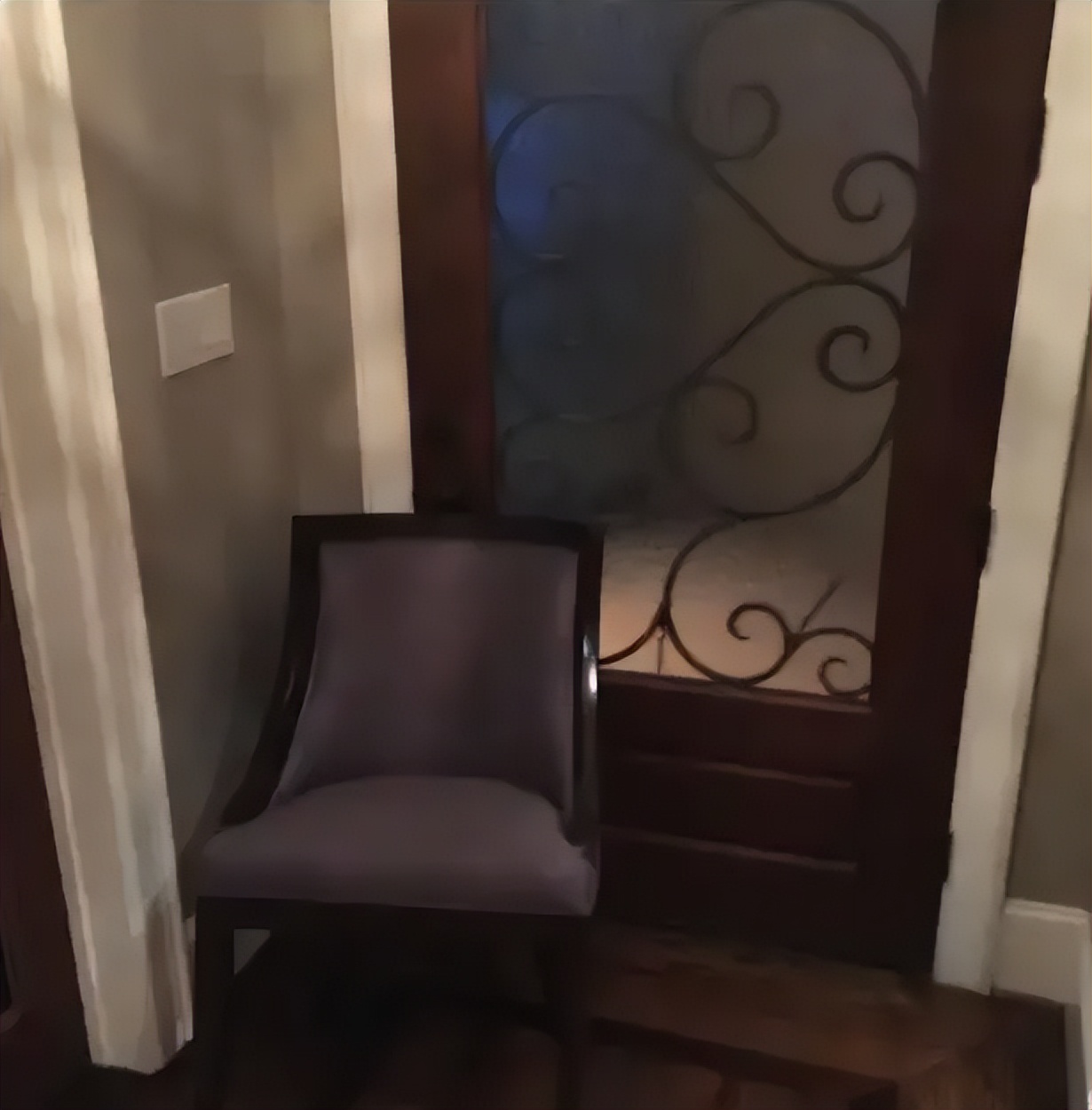
In the end, Lou Williams returned to the Clippers with a four-year, $87.6 million deal. Additionally, Ballmer secured an extra endorsement contract for him, which led to NBA penalties. Lou’s $200,000 extra annual income wouldn’t have affected the salary cap, but Leonard’s $48 million “extra income” is a completely different matter.
The NBA has officially hired a law firm to investigate this matter. This firm previously handled cases involving former Clippers owner Sterling and former Suns owner Sarver. The investigation may take several months, so no immediate results are expected.
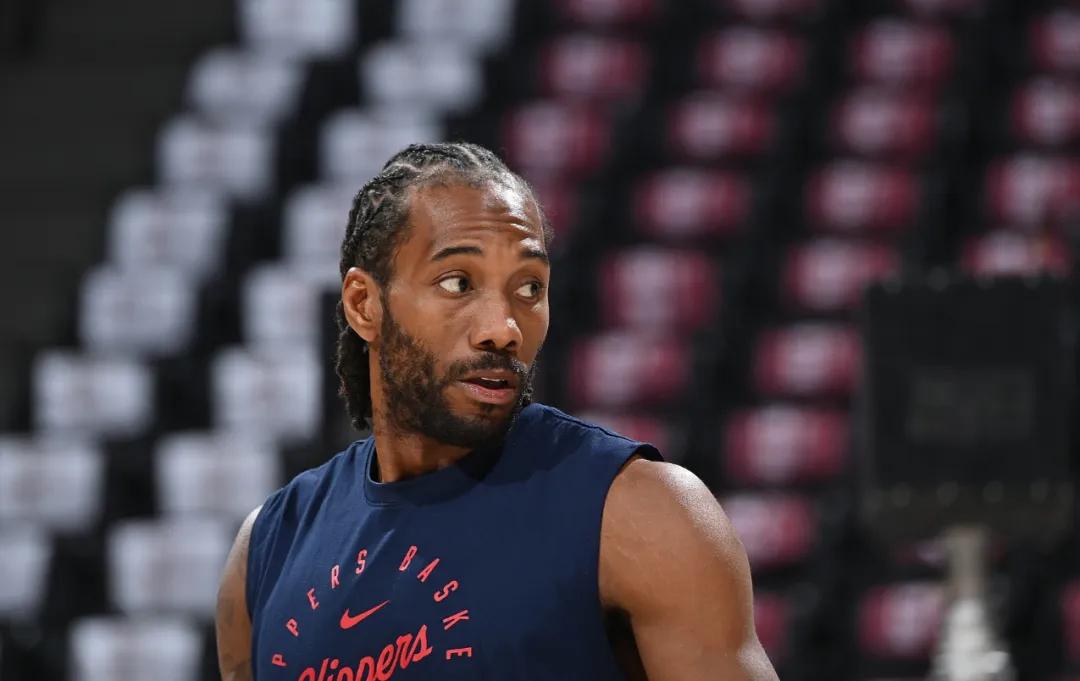
The most famous shadow contract case in NBA history was Joe Smith’s one-year cheap contract with the Timberwolves in 1998. The Timberwolves were fined five first-round picks; the NBA returned two, but the team lost three, which significantly altered Kevin Garnett’s early career trajectory.
If the investigation ultimately confirms the shadow contract, the Clippers will face severe penalties. Allowing a wealthy owner like Ballmer to operate this way would set a dangerous precedent for other teams.
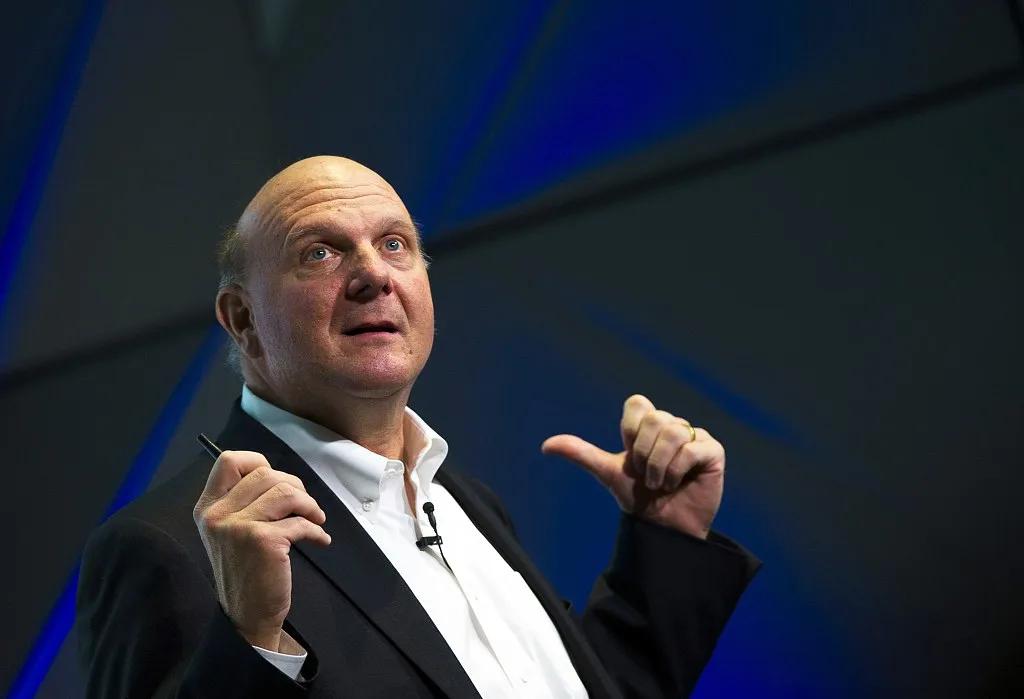
The salary cap’s main purpose is to prevent star players from clustering on a few super-teams, ensuring small-market teams have a chance to compete. Fairness is the foundation of any league and the soul of competitive sports. Without a fair environment, sports lose their meaning.


Wonderfulshortvideo
Who’s the most famous person in Snoop’s phone?


"It's the shhh with a hyphen." More Slovenian lessons 😂


Jaxson Hayes really brought out the eastbay slam 😱


This was too tough 💪 💥


Wemby drains the tough middy 🔥


LeBron throws it down! 😤


WIZARDRY. Didn't count.... but watch Steph just casually hit this lefty hook from the floor 🥱








 Links
Links
 Contact
Contact
 App
App


